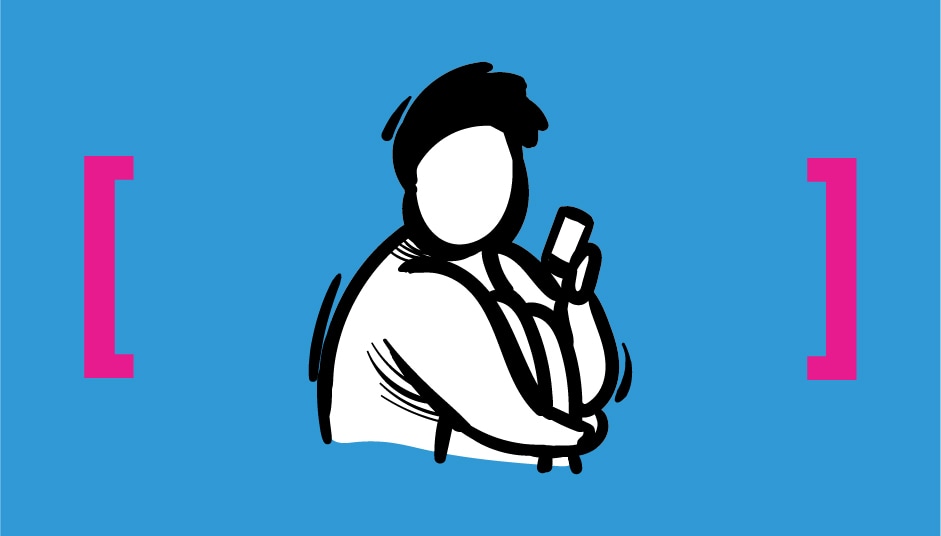Help for Youth
From Public Safety Canada
Need help or know someone who does?
You're not alone. There are support resources that can help.
If you are active online, there is a good chance you have seen or heard of someone being cyberbullied, or maybe you've even been the target of it yourself. There are things you can do to protect yourself and take action if it happens to you or someone you know.
Unlike face-to-face bullying, cyberbullying can reach a target anytime, anywhere. It can happen over and over again and it can spread quickly, so it is important to know what you can do about it.
Key resources
Learn more about how cyberbullying and other important topics affects different age groups:
- Age-Specific Information about Cyberbullying
- Age-Specific Information about Online Reputation
- Age-Specific Information about Sexting and Sextortion
Video
An animated video that introduces the topic of online reputation and gives high-level advice.
Transcript
Whether you're doing homework, chatting with friends, or playing games, you probably spend a lot of time online. And just like when you're face to face with others, the things you say and do online can affect your reputation.
When you do or say things online that are hurtful, like leaving mean comments, sharing someone's sexual images, or cyberbullying someone, you can damage your online reputation, which can affect how people see you and treat you. It can give others a negative impression of you, and it might affect your relationships and friendships. It can also hurt others.
There are lots of ways you can protect your online reputation. Use privacy settings, limit access to your posts to friends, and think twice before you post: if what you're doing or saying can hurt someone, just don't post it.
Remember, what you post online can be seen by anyone—friends, family, teachers, and employers—it can stay online forever. If you're worried about your online behaviour, or if someone else's actions online are upsetting you, you are not alone. Talk to a safe adult or visit KidsHelpPhone.ca.
[Onscreen: Learn more at Canada.ca/Cyberbullying]
